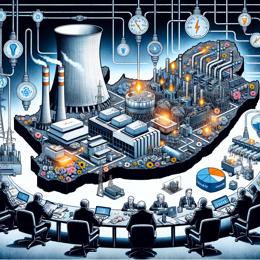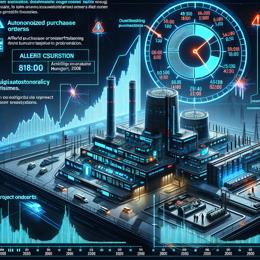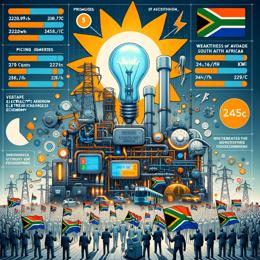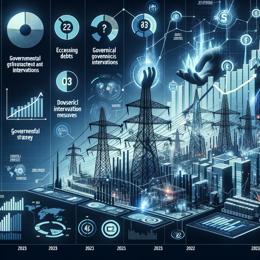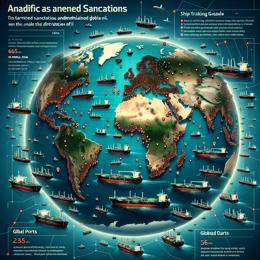Image created by AI
AfriForum Challenges Eskom's Tariff Reforms on Solar Power Users
According to a recent statement from advocacy group AfriForum, Eskom, South Africa’s primary electricity public utility company, has plans to overhaul its tariff structure in a way that could penalize consumers who generate their own electricity, particularly through solar power. AfriForum, a civil-rights organization, has accused Eskom of aiming to "punish" self-reliant energy consumers as part of its Retail Tariff Plan (RTP), a charge that Eskom likely disputes but has not yet publicly responded to.
Nersa, the National Energy Regulator of South Africa, released a consultation paper discussing the RTP that focuses on disaggregating costs in the interest of promoting transparency and ensuring clear delineation of charges for services, including access to Eskom's power grid. With the paper now open to public feedback, AfriForum plans to present its outlook and criticism of what it views as unfairly burdensome to solar power users. It will bring specific attention to several contentions before Nersa by the deadline of December 17, 2024, aiming to influence the regulator's decision before Eskom potentially implements the new plan come April 2025.
Eskom's proposed tariff changes would significantly increase fixed costs for consumers, says AfriForum. Key among the changes, according to the group, is the separation of line fees from overall electricity usage charges—a move that could disproportionately affect individuals and businesses that have invested in solar panels or other power-generating alternatives in response to the unreliable supply from Eskom.
Further, Eskom is reportedly considering adjustments to time-of-use rates and periods, which dictate pricing based on when electricity is consumed. Revisions to residential tariffs and subsidies, such as the Electrification and Rural Subsidy, are also part of the proposed changes. These revisions must be closely scrutinized for their long-term impacts on South Africa's socio-economic landscape.
AfriForum's head, Morné Mostert, criticizes Eskom's historical performance, citing the utility's poor service record and the resulting economic devastation as driving forces behind the public's shift to alternative energy sources. Mostert contends that these proposed tariff changes are attempts by Eskom to recuperate losses, as individuals turn away from its services towards more reliable energy solutions. The advocacy group stresses that these losses should not be recuperated by penalizing consumers who have turned towards sustainable solutions in an effort to circumvent Eskom's historic reliability issues.
As part of its resistance to the RTP, AfriForum is preparing to submit a formal response and is rallying support amongst its membership and the wider public to ensure that their concerns related to potential adverse effects on consumers are considered by the energy regulator.
In summary, AfriForum seeks to hold Eskom to account for what it views as an unjust economic imposition on energy consumers, particularly those who have sought independence from the grid through sustainable energy practices. The organization underscores the duty of Nersa to protect the interests of these consumers, emphasizing the danger of overlooking Eskom's legacy of inefficiency.


